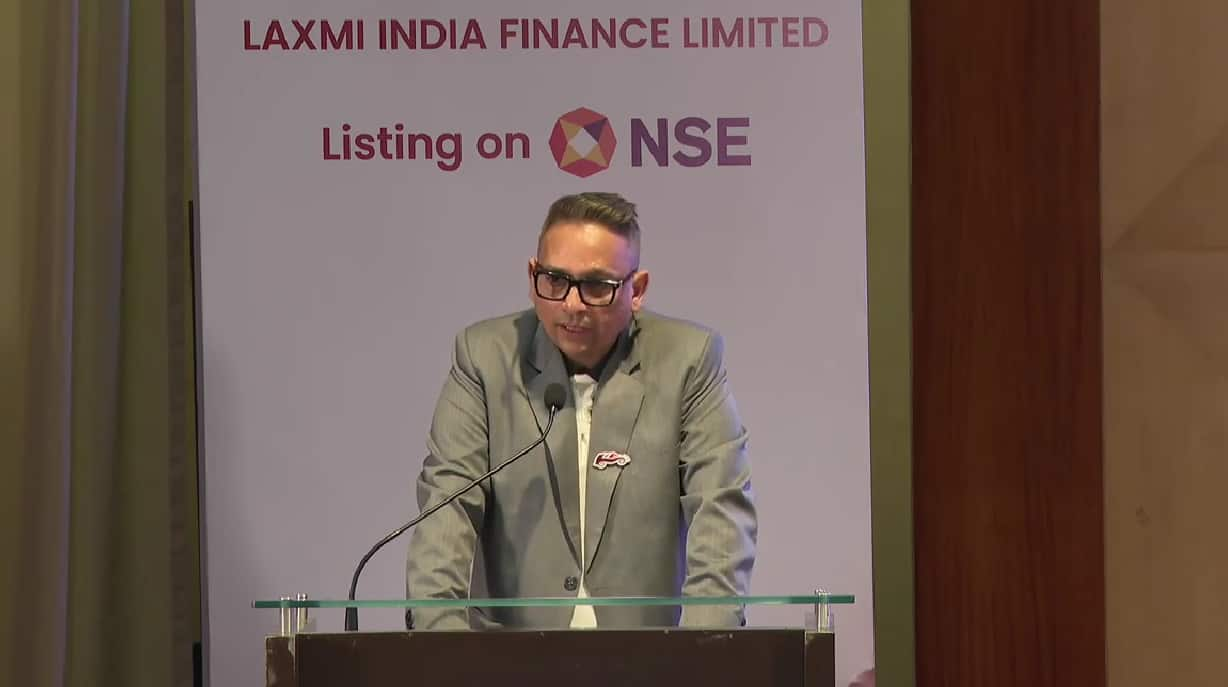Morocco's Public Contracts Under Scrutiny: Finance Inspectors Investigate Alleged Favoritism

Morocco's Public Contracts Under Scrutiny: Finance Inspectors Investigate Alleged Favoritism
Morocco's General Inspectorate of Finance (IGF) has launched a thorough investigation into potential irregularities within the awarding of public contracts. This move follows a series of repeated alerts highlighting concerns that access to these lucrative opportunities has been unfairly restricted for small and medium-sized enterprises (SMEs), while a select few companies have allegedly benefited from preferential treatment.
The IGF’s deepened probe signals a serious commitment to ensuring transparency and fairness in the public procurement process, a cornerstone of economic development and equitable growth. The allegations suggest a systemic issue where established or well-connected companies might be gaining an undue advantage, potentially stifling competition and hindering the growth of vital SMEs.
Why This Matters: The Impact on Morocco's Economy
SMEs are the backbone of Morocco’s economy, contributing significantly to job creation, innovation, and overall economic diversification. Limiting their access to public contracts not only hampers their growth but also undermines the government’s efforts to promote inclusive economic development. A fair and open bidding process is crucial for fostering a level playing field and allowing businesses of all sizes to thrive.
The Scope of the Investigation
The investigation is reportedly focusing on identifying specific instances of alleged favoritism and determining the extent of the problem. Investigators are expected to examine contract award processes, review documentation, and interview relevant stakeholders, including government officials and representatives from companies involved in bidding for public contracts. The IGF aims to uncover any evidence of collusion, conflicts of interest, or other unethical practices that may have influenced the outcomes of contract awards.
Potential Consequences and Future Outlook
The findings of the investigation could have significant repercussions. If irregularities are confirmed, it could lead to disciplinary actions against government officials, legal proceedings against companies involved, and reforms to the public procurement system. The government has emphasized its commitment to combating corruption and promoting good governance, and this investigation is a clear demonstration of that commitment.
Beyond the immediate consequences, this investigation highlights the need for ongoing vigilance and proactive measures to ensure the integrity of the public procurement process. Strengthening oversight mechanisms, promoting transparency, and fostering a culture of accountability are essential for preventing future instances of alleged favoritism and ensuring that public funds are used effectively and equitably. The outcome of this probe will undoubtedly shape the future landscape of public contracts in Morocco and send a strong message about the importance of fair competition and ethical business practices.
The IGF's actions are being closely watched by businesses, investors, and civil society organizations, all of whom are eager to see a more transparent and equitable system for accessing public contracts in Morocco. The hope is that this investigation will pave the way for a more level playing field and a stronger, more inclusive economy.






